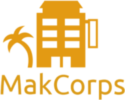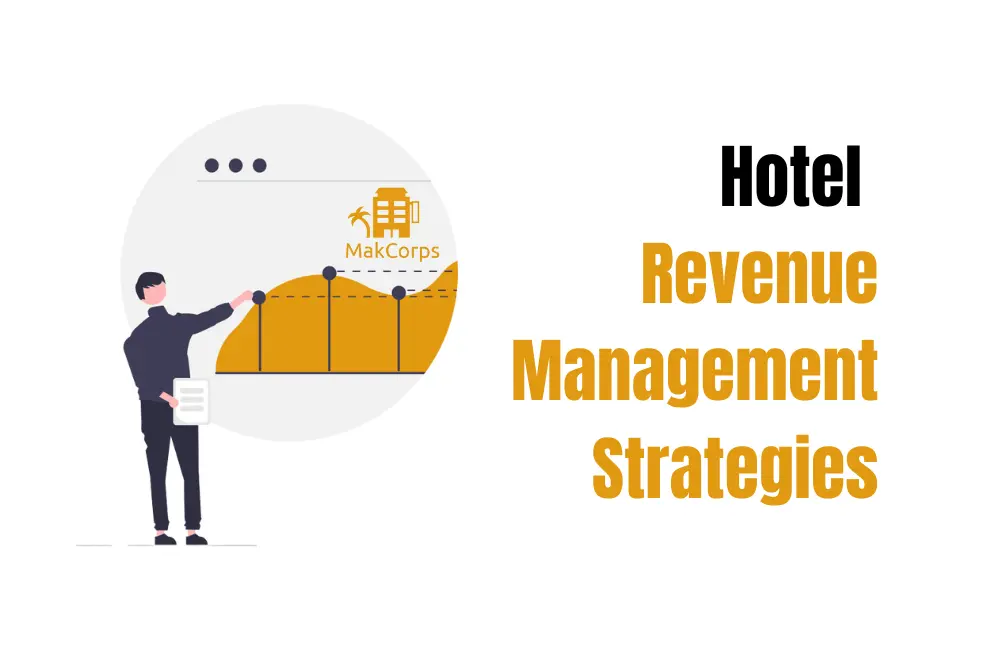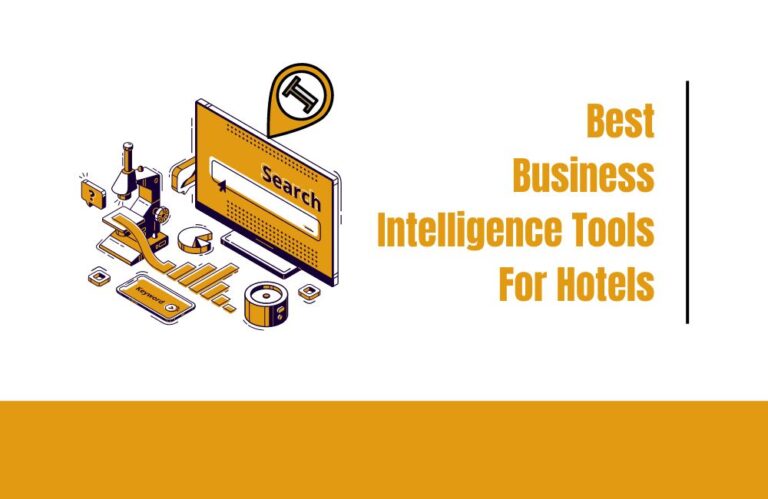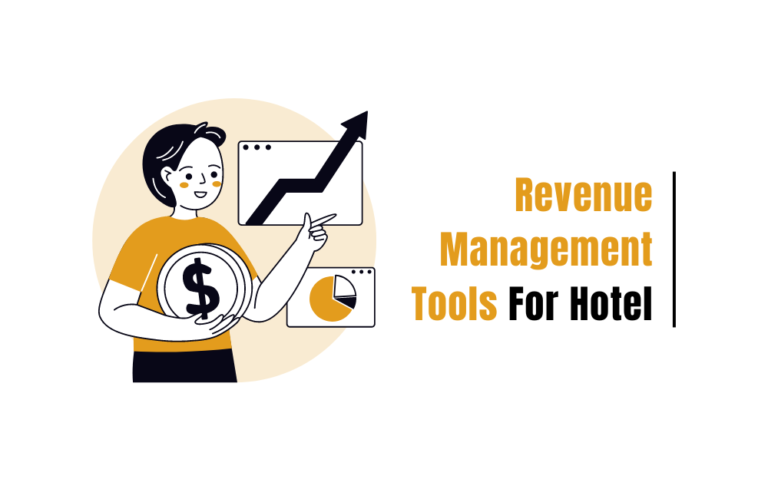10 Hotel Revenue Management Strategies in 2025
Revenue management is often misunderstood as simply increasing hotel revenue. But as Rubinacci, a hospitality leader, points out, “Profitability and revenue are not the same thing.” Actual revenue management goes beyond filling rooms. It’s about making smart decisions on pricing, availability, and distribution to maximize long-term profitability.
Apart from that, many hoteliers also confuse revenue management with yield management, but they are not the same.
Yield management focuses narrowly on maximizing revenue from room sales, often by selling at the highest possible rate. Revenue management, on the other hand, takes a broader view. It considers all revenue streams, such as dining, event spaces, and packages, while ensuring profitability is at the core of every decision. To get insights on the difference, click here.
In today’s competitive market, this is more important than ever. With travelers using price-comparison tools, the rise of alternatives like Airbnb, and shifting travel demands, hotels need more than guesswork to stay ahead.
In this blog, you’ll discover the 10 best hotel revenue management strategies you should adopt in 2025.
Let’s get started!
Benefits of Revenue Management in the Hotel Industry
Revenue management helps hotels maximize profitability by optimizing pricing, distribution, and occupancy.
Here are the key benefits:
- Increased Revenue: Adjust rates dynamically to maximize income during high-demand periods.
- Cost Efficiency: Reduce reliance on costly third-party channels like OTAs.
- Improved Forecasting: Use data-driven insights to plan inventory and staffing more effectively.
- Enhanced Guest Experience: Offer personalized packages and services that boost satisfaction and spending.
A great example of this is The Hotel Zamora. After implementing a new booking engine as part of its revenue management strategy, the hotel achieved a 41% higher booking conversion rate and reduced OTA commissions by 16%, while also increasing food and beverage revenue per occupied room by 10.6%. Check out the full case study here.

Creating revenue management strategies for your hotels is not enough, to ensure that you’re heading in the right direction, you need to track it with metrics. Read further to learn how to do that.
Core KPIs for Revenue Management
Tracking KPIs (Key Performance Indicators) is how you measure your hotel’s performance. These numbers show whether your strategies are working and where you can improve. They give you clear, actionable insights to help you increase your hotel profitablity and stay competitive.
Now, let’s break down the essential KPIs you need to track:
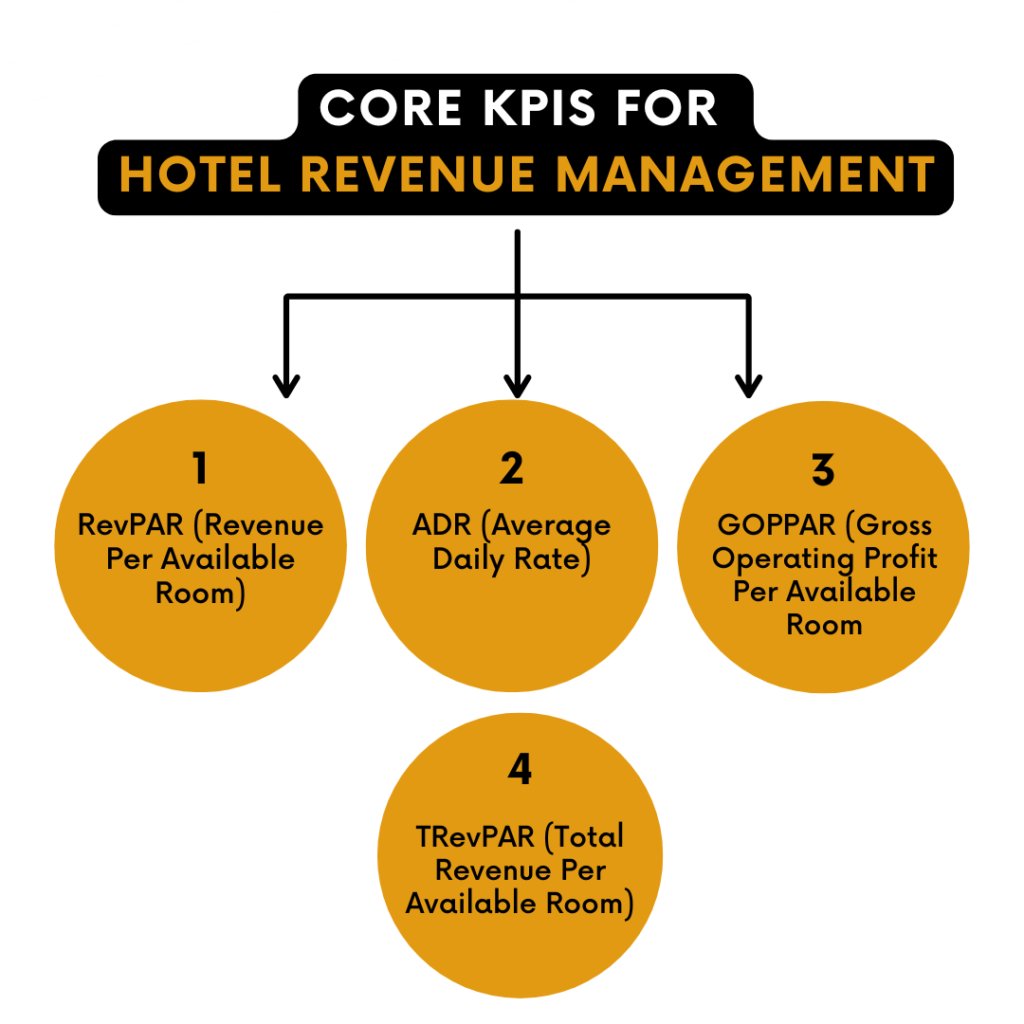
RevPAR (Revenue Per Available Room): Combines occupancy and room rates to show overall room revenue efficiency.
ADR (Average Daily Rate): Measures the average price paid per room sold—your pricing power.
GOPPAR (Gross Operating Profit Per Available Room): Focuses on profitability by including operating costs.
TRevPAR (Total Revenue Per Available Room): Tracks revenue from all sources, like dining and events, for a complete picture of performance.
By analyzing these KPIs, you’ll know exactly where to adjust to maximize results. Let’s explore the key strategies you can implement to increase your hotel revenue and of course profit.
10 Hotel Revenue Management Strategies in 2025
1. Understand Your Market
A profitable revenue management strategy would only work when you focus on factors like competition, seasonal changes, and demand fluctuations.
You must identify major demand generators for your target audience and analyze the travel patterns of guests for a better and more detailed understanding of the strategy.
Also, you must be updated with peak and off seasons to maximize rates in peak season and also to plan an optimum pricing strategy for off-seasons.

Apart from just keeping an eye on the market trends, you must also be aware of who are the right competitors you should be competing with and their strategies.
This will give you insight into the plans that might even be useful for your business in attracting more guests.
Understanding your market is the first step you need to get right to create a profitable revenue management strategy for your hotel.
2. Use a Competitive Pricing Strategy

When it comes to choosing the right hotel pricing strategy, hotel owners and managers must consider various factors, such as their hotel’s offerings, target customers, and competitor’s strategies.
A competitive pricing strategy, where prices are based on the competitor’s rates, leads to generating more bookings than usual.
For setting competitive pricing, competitor’s pricing data is the most important prerequisite which you can get easily, affordably, and in a single get request by using Makcorps Hotel Price Comparison API. This API allows you to get price comparison data to monitor prices of any hotels around the world from 200+ online travel agencies.
Want to Know? How Makcorps Hotel Price Comparison API Work, Watch The Video Below:
With the Makcorps API, you can instantly access your competitors’ pricing data across multiple vendors in real-time. Follow the step-by-step tutorial, use the free blueprint, and grab your API key to get started.

3. Increase Visibility With Search Engine Optimization
For increasing visibility and online presence, SEO is a massive opportunity for hotels to attract potential customers.

By optimizing your website and social media channels for search engines, you can increase the hotel’s organic search rankings, which makes it more likely for potential guests to find and book directly with your hotel. You can also save on the online booking platform’s hefty commissions that typically eat into your profits.
Undoubtedly, one of the major advantages of SEO is that it helps hotels reach customers who are not specifically searching for their hotel but rather searching for a hotel in their location. And, if they will find your website in the first top searches through their keyword queries.
Then guess what, obviously they will be more likely to choose your hotel, not others. After all, According to StratosJets, a significant majority of mobile bookings, around 72%, occur within 48 hours of a Google search containing the keywords “tonight” and “today” (source)
Utilizing SEO, you can not only maximize your hotel bookings but can also attract more customers to your hotel to even generate more Income.
To achieve this, it is best to operate a solid content marketing strategy and ensure your website’s design is optimized for mobile and SEO purposes.
On the other hand, link-building strategies are also an essential component of SEO.
By listing your hotel on different distribution channels, you can also increase your hotel’s online visibility, which will eventually lead to getting more bookings.
So, it’s time to take advantage of the vast opportunity presented by search engines and stay ahead of the competition in today’s tech-driven world. To get started with SEO, it’s always a good idea to consult with an SEO Agency,
4. Boost Direct Bookings With Incentives
However, online distribution channels are a great way to maximize your bookings. But, it also cuts off a huge part of your profit.
Therefore, the best thing to generate maximum revenue through hotel rooms is by offering exclusive incentives for direct bookings.
You can consider offering perks like loyalty points or freebies to customers who book through your website and still be more profitable in comparison to bookings from online booking sites.
By doing so, you not only incentivize direct bookings but also cultivate brand loyalty.
Moreover, we all know that customers who feel appreciated and rewarded are more likely to return. So, start prioritizing direct bookings and build a loyal customer base.
5. Use Dynamic Pricing
In your hotel revenue strategy, competitive pricing ensures your rates align with those of competitors. It’s a valuable tactic, but a dynamic pricing strategy for hotels takes this further by adjusting rates in real-time based on current demand, booking patterns, and market events.

You can think of competitive pricing as a foundational strategy that keeps you in the game while dynamic pricing fine-tunes your rates to maximize every opportunity. For instance, during high demand, dynamic pricing raises rates to increase revenue. In slower periods, it lowers rates to fill rooms.
Check out, how IHG adopted dynamic pricing to adjust room rates in real-time using demand and competitor data. This strategy led to a 2.7% rise in Revenue per Available Room (RevPAR) and boosted overall revenue.
6. Adopt The Latest Technology Solutions
Speaking during a revenue management roundtable hosted by HNN at the recent Hotel Data Conference, Chris Cheney, senior vice president of commercial services at Stonebridge Companies, highlighted that leaders in the revenue management space must excel at adopting and sourcing the right technologies to integrate multiple disciplines effectively. This approach is no longer optional but essential for hotels that want to thrive in a competitive marketplace.
Today’s travelers expect seamless, personalized, and tech-driven experiences. Hotels that leverage technology trends not only meet these expectations but also optimize operations, increase profitability, and build guest loyalty.
Here’s how to make it happen:
- Smart Revenue Management Systems (RMS): Advanced RMS solutions analyze booking patterns, market trends, and competitor pricing to help hotels dynamically adjust room rates, maximizing revenue in real time. Industry leaders like Cloudbeds, IDeaS, and Atomize offer robust platforms tailored for these needs.
- Personalized Guest Engagement with CRM Tools: Use data from booking histories and guest interactions to tailor offers, send personalized communications, and create memorable experiences.
- Internet of Things (IoT): Transform rooms into smart spaces with features like automated lighting, climate control, and energy-saving solutions that adjust based on guest presence.
- Mobile-Friendly Experiences: From mobile check-ins and digital keys to app-based service requests, technology empowers guests with convenience while streamlining hotel operations.
- AI-Powered Chatbots and Virtual Assistants: Offer 24/7 support for inquiries and service requests, improving response times and reducing staff workload.
- Channel Management Software: Maintain consistent pricing and inventory across all platforms, including OTAs, direct bookings, and metasearch engines, ensuring maximum visibility and optimized revenue streams.
- Cutting-Edge Cybersecurity: Build trust with guests by protecting their personal and payment data through robust security protocols.
Offering the technological experience to the guest and using technology to make your hotel revenue management strategies both are important for increasing your hotel’s profitability. So, explore what’s needed in your hotel to get there and implement.
7. Be Ahead In The Game With Forecasting
In the hospitality industry, forecasting is the secret sauce for successful revenue management which few hoteliers invest in and be two steps ahead of their competitors.

The good news is that you can do it too and achieve similar results.
To make this possible, you need to be able to anticipate future demand and revenue, so you can make adjustments that keep your business thriving.
To do that, you need to keep detailed records of your hotel bookings, room rates, and revenue. You also have to analyze historical data to spot trends and stay vigilant about the latest happenings, such as your competitors, local events, and industry trends, to ensure accurate hotel price forecasting.
8. Upsell Hotel Products
To take your hotel earnings to a great extent you have to explore opportunities beyond just selling rooms.
Your hotel likely has a range of amenities on offer that you could charge for, such as soap, utensils, bathrobes, spas, a gym, and more. You can create strategies to upsell these services to get more revenue.
By using this hotel financial strategy, hotels can not only generate more revenue but also strengthen the bond between their brand and customers.
9. Focus On Price Segmentation
Imagine! If you could sell the right room to the right person at the right price. Wouldn’t that skyrocket your hotel bookings?

Well, to make this possible you need to master the art of segmenting your customer base.
This requires identifying different types of customers and analyzing their booking habits. Which allows you to optimize the best prices for each segment and minimize the need for frequent price adjustments.
10. Work With Synergy Across Departments
Rather than imposing changes, you can discuss necessary adjustments with key decision-makers in each department in a way that everyone understands and embraces.

This approach will help ensure that a consistent message is presented to customers and clients.
To maximize earnings, revenue management should take a holistic approach and work across departments to increase ancillary revenue from room extras, spa services, restaurants, bars, and room service.
Everyone on staff must understand how they contribute to the hotel’s success and work together to achieve it.
We have covered the most important information regarding hotel revenue management tactics, there may still be some common questions that hoteliers want to be answered, which you can find listed below.
Frequently Asked Questions:
3. What are the 3 strategic pillars of hotel revenue management?
The three strategic pillars of hotel revenue management are analytics, marketing, and sales.
How frequently should hotels analyze KPIs?
For analysing hotel revenue mangement KPI’s daily monitoring is recommended. And, depth analysis can be conducted monthly or quarterly to assess long-term trends and strategy effectiveness.
What are the most common challenges in implementing revenue management strategies?
The most common challenges in implementing revenue management strategies are understanding market demand, integrating technology, managing data accuracy, and balancing pricing with guest satisfaction.
What are some revenue management best practices for small or boutique hotels?
Best pratices of hotel revenue managment for small and boutique hotels are focusing on niche markets, use cost-effective tools, optimize room pricing based on local demand, and capitalize on personalized guest experiences.
Conclusion:
The hotel industry is fiercely competitive. Therefore, employing effective revenue management strategies is a must for long-term success.
The strategies we’ve discussed, such as are effective for many hotels and yield better results.
However, it’s important to remember that every hotel is unique and your business plans and hotel revenue management strategies should be made according to that.
Plus, to maximize the benefits of these strategies, it’s crucial to take action and implement them with proper research and the support of reliable hotel revenue management tools. To make sure you’re heading in the right direction with the right methods to increase your hotel revenue and profit.
So, get started! And set your hotel management strategies to bring unprecedented success.
